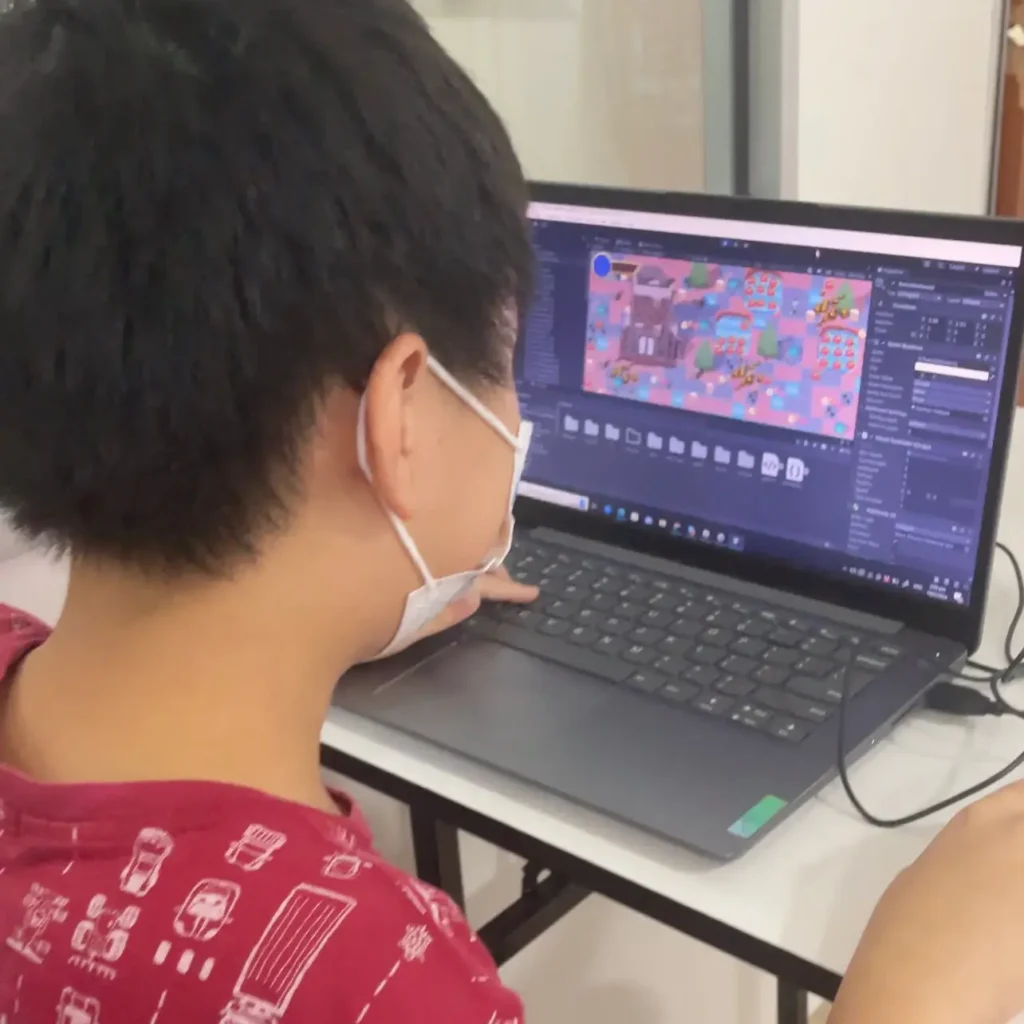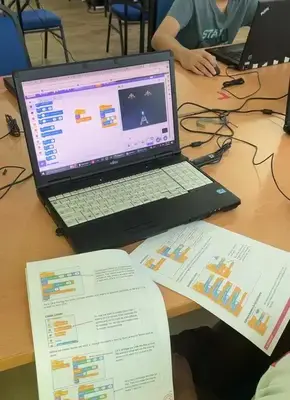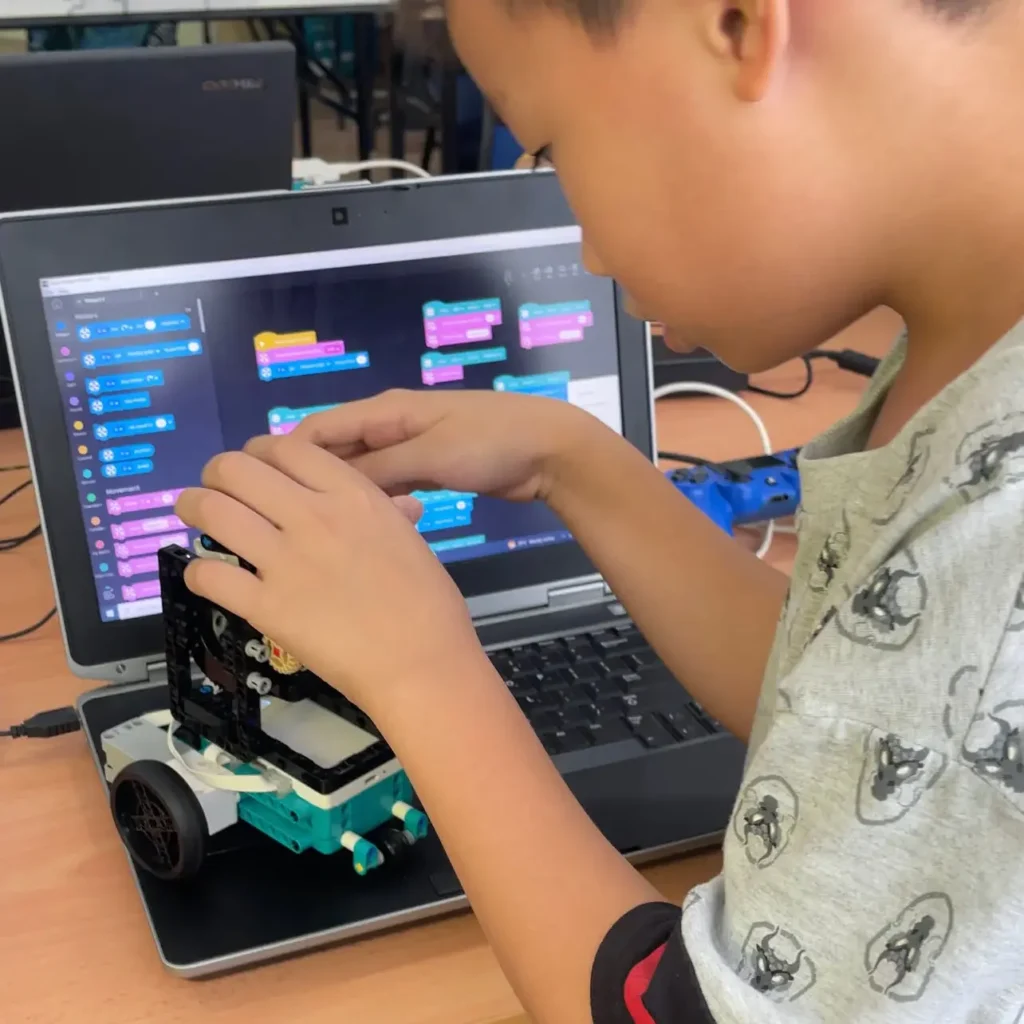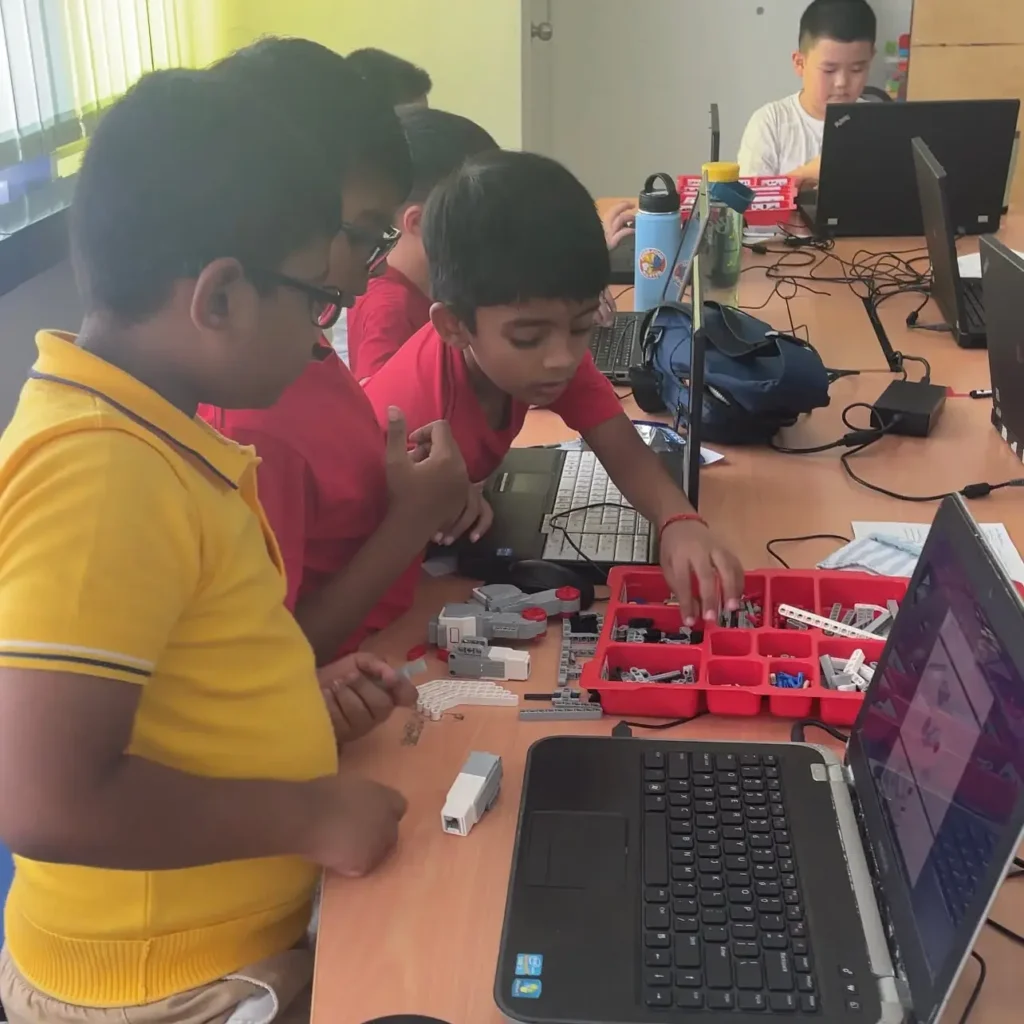When most parents hear the word coding, they picture colorful robots, blinking lights, or kids typing away at computers like little geniuses. But what if I told you coding isn’t just about learning commands and logic? It’s also about raising kids who think about how their choices affect others. That’s where ethics in coding comes in.
As a coding trainer (and a mom who has watched many kids grow through coding), I’ve seen how learning ethical thinking transforms children—not only into better programmers but also into kinder humans.
Ethical Considerations in Coding: The Secret Ingredient to Raising Kinder, Smarter Kids

Why Ethics in Coding Matters for Our Kids
Imagine your child builds a game. They could design it so only their character always wins—or they could create fair rules so everyone has a chance. That simple decision is ethics in action.
When kids learn to code ethically, they’re learning empathy, fairness, and responsibility. They begin to ask: “If I make this choice, how will it affect others?”
And that’s not just important in coding—it’s important in life. If you’re curious about how coding shapes bigger life skills, you might love The Benefits of Coding in Fostering Innovation and Entrepreneurship—you’ll see how ethics and innovation go hand-in-hand.

Everyday Examples Kids Can Relate To
Ethics can feel like a big word, but kids already deal with it daily.
- Gaming: Is it fair to use hacks to always win?
- Privacy: Should they share their friend’s password?
- Online chatting: How do words affect others’ feelings?
These are all ethics, just in kid-sized versions.
And if you have a child who’s naturally shy, ethics-based coding projects often give them a safe way to express themselves. In fact, you can read more in Discover How Coding Can Help Shy Child Communicate Better!.

Teaching Ethics Builds More Than Coders
Ethical coding teaches kids that programming isn’t just about machines—it’s about people.
When kids design with others in mind, they develop:
- Empathy: Understanding different users.
- Leadership: Making decisions that guide teams.
- Critical thinking: Weighing consequences before acting.
And as a bonus? This way of thinking often boosts academic confidence too. Just like in Coding: The Missing Piece to Your Child’s Math Success, coding builds problem-solving that directly supports learning math.

How Parents Can Support Ethical Thinking at Home
You don’t need to be a coder to raise an ethical coder.
Here are simple things you can try:
- Ask why behind your child’s choices, not just how.
- Talk through scenarios: “Would you share this?” or “How might this affect others?”
- Praise not just results, but responsible and thoughtful decisions.
And if you’re setting up a study space, make sure it supports mindful learning. You might find 8 Tips for Setting Up A Productive Learning Space for Kids at Home really useful.

What We Do in Robotics & Coding Classes
In our academy, we blend coding and ethics naturally. Kids don’t just code robots—they learn the why behind their designs.
Some examples:
- A pet feeder robot sparks conversations about kindness and caring for animals.
- A medicine reminder robot teaches responsibility toward family and community.
Parents often tell me this makes them feel reassured—their child is not only learning technology, but also values. If your child loves creativity, you might also enjoy How to Teach Kids Coding Through Art and Music—a fun way to mix ethics with imagination.
Ethics in coding isn’t an extra—it’s the heart of what makes coding meaningful.
When kids learn to code with kindness, fairness, and responsibility, they won’t just change technology. They’ll change the world.
And as moms, we don’t need to know every programming language to guide them. We just need to start the conversations.
If you’d like to explore the right path for your child, check out Understanding Different Coding Languages for Kids: Which One is Right for Your Child?—it’s the perfect next step.